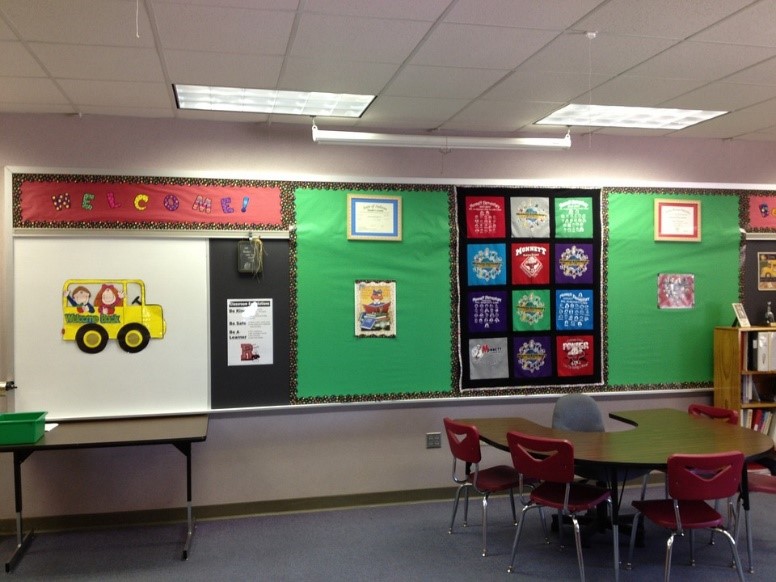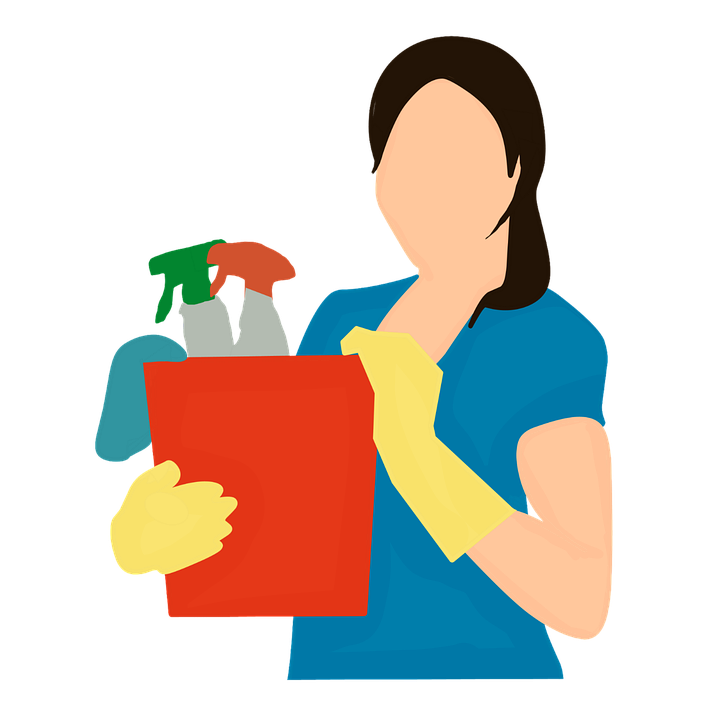Hygiene: How cleanliness matters
Hygiene: How cleanliness matters
 Hygiene in simple terms refers to the efforts taken to maintain health and prevent diseases, by staying clean and keeping the surroundings tidy. It plays a key role in developing habits in the children.
Hygiene in simple terms refers to the efforts taken to maintain health and prevent diseases, by staying clean and keeping the surroundings tidy. It plays a key role in developing habits in the children.The different types of Hygiene:
Hygiene can be classified into two types, personal and environmental.
1.Personal Hygiene
This talks about how one takes care of his/her body. It includes bathing, washing hands, brushing the teeth, etc. Personal hygiene is essential to stay healthy. Personal hygiene can further be classified into:
-
-
Body hygiene
-
This deals with maintaining a clean body, washing the hands regularly, grooming the nails frequently and washing the face to get rid of sweat and dust. Body hygiene also includes eating a healthy diet.
-
-
Oral hygiene
-
Oral hygiene deals with dental care. Children should be encouraged to brush their teeth twice a day. They should be taught to gargle their mouth after every meal, to ensure oral cleanliness.
-
-
Clothing hygiene
-
The concept of hygiene extends to the clothes worn by a person. Children should be taught to put their clothes to wash every day. They should be taught about wearing a fresh pair of socks every day. A good clothing hygiene will not only improve self-confidence but will also keep diseases under control.
 Poor personal hygiene can lead to various issues like, body odour, dental issues, diarrhoea, skin rashes, stomach viruses and other serious issues like heart disease. A poor personal hygiene can also cause low self-esteem.
Poor personal hygiene can lead to various issues like, body odour, dental issues, diarrhoea, skin rashes, stomach viruses and other serious issues like heart disease. A poor personal hygiene can also cause low self-esteem.2.Environmental Hygiene
This talks about the surroundings or the places in which a person exists. It includes the classroom, the school, the various areas in a house and the public place. Maintaining hygiene in the environment works best when everyone in it do their bit to keep the surrounding clean.
The hygiene in the classroom can be maintained by keeping the area tidy and not discarding waste around the classroom. A good and clean environment in the classroom will allow the students to learn in a better manner. It will reduce the distractions and increase the student involvement in the classroom.
The school needs to be kept clean to ensure that all the students stay healthy. The school can ensure hygiene by making sure no trash is thrown around. Teachers can talk to students about the benefits of maintaining a clean surrounding. Parents can address the hygiene at home by teaching children about the benefits of keeping the house clean.
Poor environmental hygiene can lead to numerous air-borne and water-borne diseases and also cause pollution.
What can be done to encourage hygiene?
 There are certain steps that can be taken in the classroom or at home, to inculcate hygiene among children.
There are certain steps that can be taken in the classroom or at home, to inculcate hygiene among children.-
At school
-
Hygiene leaders - Teachers can assign hygiene leaders in the classroom on a monthly basis. The leaders can monitor other students to ensure hygiene is maintained in the classroom. Once the month comes to an end, the teacher can reward the tidiest student and make him/her the leader for the next month. This will not only encourage the students to become hygienic but will also instil responsibility.
-
Bringing science to hygiene - Teachers can introduce students to experiments like making toothpaste, making soap, etc which will not only talk about concepts in science, but will also highlight the importance of hygiene.
-
Classroom activities - Teachers can bring in activities like collage making, worksheets, presentations, skits and drawings based on hygiene. The winners or the best performers can have their work shown to the entire school or put up on the social media. The concept of reward system can be brought in to appreciate the efforts taken by the students.
-
-
At Home
-
Sharing tasks - Parents can take the help of their children to finish certain household chores. This will help the children learn through observation.
-
Fun activities - Parents can teach their children about hygiene by creating activities that talks about germs, maintaining cleanliness and hygiene. They can also get posters for the children to colour.
-
Hygiene games - Parents can teach about hygiene through games like dumb-charades, sorting good habits and bad habits, matching hygiene to images, etc.
-
Inculcating hygiene from a very young age will not only help in shaping the future of the children but will also develop their skills to lead a healthy life.





















